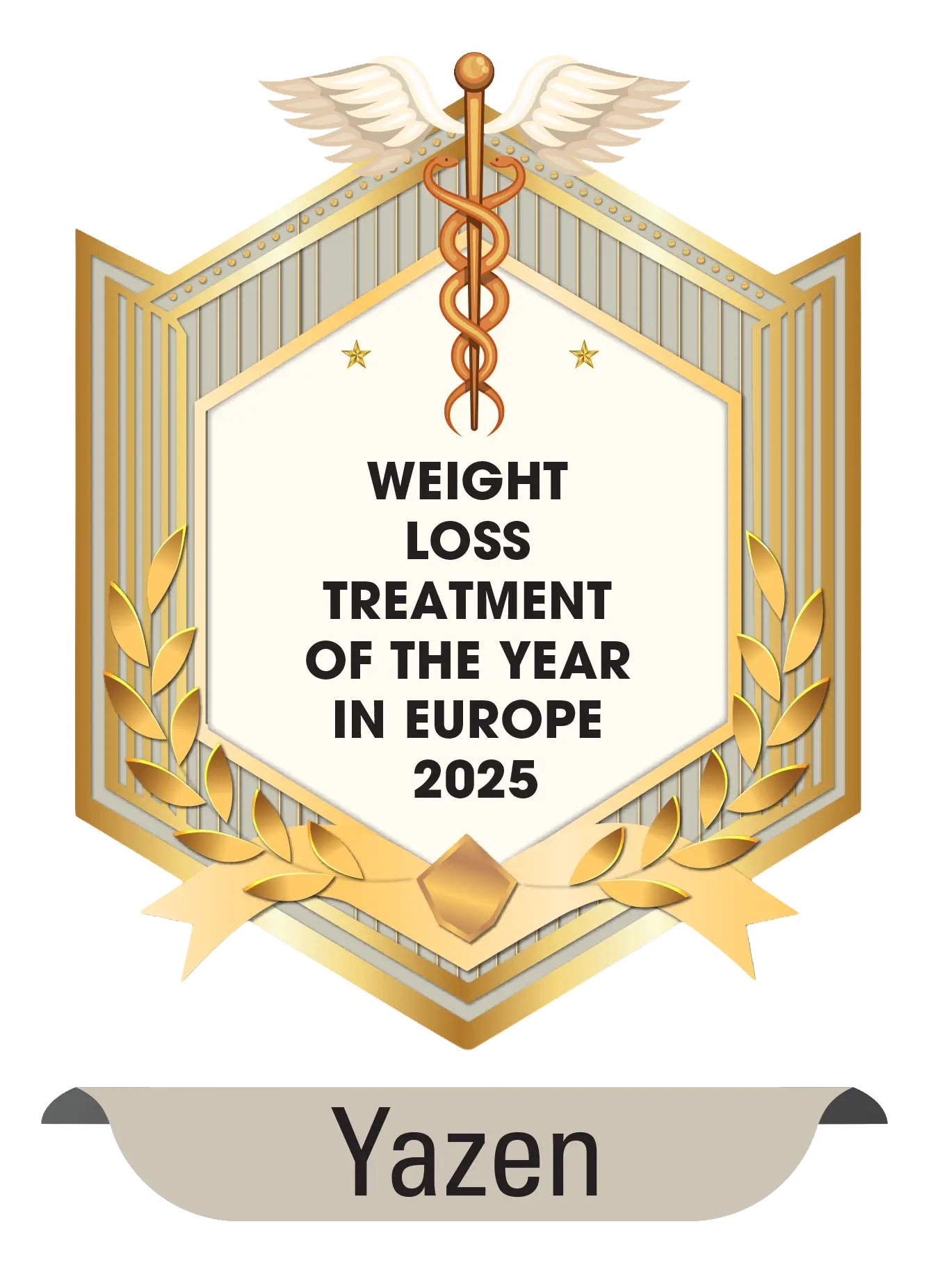PCOS and weight management
Polycystic Ovary Syndrome (PCOS) affects around 1 in 10 women of reproductive age. It's a complex hormonal condition that can present with a range of symptoms, including irregular menstrual cycles, excessive hair growth, acne, and weight gain – all linked to elevated androgens (male hormones). PCOS may also lead to infertility and increases the risk of conditions like type 2 diabetes, heart disease, and endometrial cancer.
While there is currently no cure, early diagnosis and consistent, holistic care can greatly improve quality of life – and that's where personalised support can make all the difference.

The Role of Insulin Resistance in PCOS
A central feature of PCOS is insulin resistance. When the body doesn’t respond well to insulin, blood sugar levels rise, which in turn can worsen hormonal imbalances and promote weight gain. This creates a frustrating cycle that’s difficult to break without support.
Medically supported weight loss can help improve insulin sensitivity, lower blood sugar levels, and ease many of the metabolic and hormonal symptoms associated with PCOS.

PCOS-test
How do you know if you have Polycystic Ovary Syndrome (PCOS)?
Take this test to see if you have symptoms of PCOS that should be evaluated and, if necessary, treated.
All of the options must be filled in.
One of the values is not a correct number.
Living With PCOS: Finding What Works for You
Managing PCOS isn’t about perfection – it’s about progress. While healthy eating, movement, and stress management are essential, these strategies are most effective when part of a personalised and supported plan.
Weight loss, when approached in a structured and sustainable way, can restore hormonal balance, reduce symptoms, and boost quality of life. Having a team that understands PCOS can help you navigate challenges with compassion and clarity.

Lifestyle Changes That Make a Difference
A diet rich in fibre, lean protein, and healthy fats can help regulate insulin and hormone levels. Regular physical activity supports both mental and physical health, while stress-reduction techniques like yoga or mindfulness can improve resilience.
For many women with PCOS, weight loss is one of the most effective ways to reduce symptoms – from irregular cycles to fatigue. A gradual, supported approach can make all the difference in reaching and maintaining a healthier weight.
Fertility and PCOS: Understanding Your Options
As you go through menopause, your body undergoes changes, and unfortunately, your figure may change as well. The primary cause? Hormonal shifts. While losing weight during menopause can be challenging, it can help alleviate symptoms. Menopause changes a lot – but with the right support, you can feel like yourself again.

Mental Health and PCOS: Taking Care of the Whole You
The physical symptoms of PCOS often come with emotional weight – including anxiety, low self-esteem, and frustration. Struggles with weight can deepen these feelings, especially when efforts to change seem ineffective.
But with the right care and support, weight loss can bring more than physical benefits. It can improve mood, build confidence, and restore a sense of control. A holistic approach that addresses both body and mind is key to long-term wellbeing.
PCOS is challenging – but manageable. With the right knowledge, care, and a focus on healthy, sustainable weight loss, it’s possible to feel better, gain balance, and move forward with strength.

This is how you can start today

Sign up through our website
Answer a few questions within 2 minutes so we can better understand you and your goals. To submit your responses, securely log in using iDIN. This is a trusted online identification method that allows you to easily confirm your identity and age. Want to learn more about iDIN? Click here for more information.
Download the Yazen app
Continue your journey in our app. Download the Yazen app from the App Store or Google Play, and log in to get started right away.
Complete your health profile
Together with your YazenCoach, you'll answer a few more questions in the app to complete your profile.
Plan your blood test
To determine if you’re eligible for the treatment, we conduct a comprehensive blood test. We partner with Labplusarts, the leading provider of blood tests. You can easily request a blood test through their website, and you'll always find a location nearby.
*If the test results indicate that the treatment is unsuitable, you’ll receive a refund for the blood test cost (€119).
Discuss your treatment plan
If the blood test results show that the treatment is suitable for you, you’ll meet your doctor. Together, you’ll create a personalised treatment plan tailored to your needs.
Your journey can begin!
If you’re satisfied with the treatment plan, the costs, the medication, and the expected results, we can get started.









